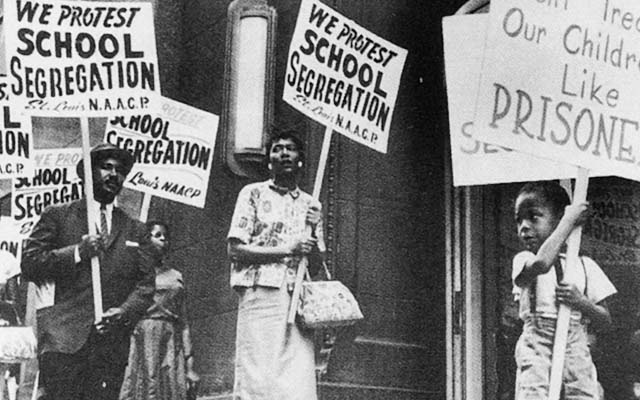
The School District of Lancaster is unwavering in its commitment to providing inclusive learning and work environments. We believe EVERY student can learn, and we will never give up on any learner. All of OUR students belong to us regardless of where they live or who they are as learners and people.
Education has always been a powerful tool for progress, particularly in the Black community. This month, we explore Black education’s history, impact, and resilience in the United States, honoring those who paved the way and recognizing the institutions that continue to shape future generations.
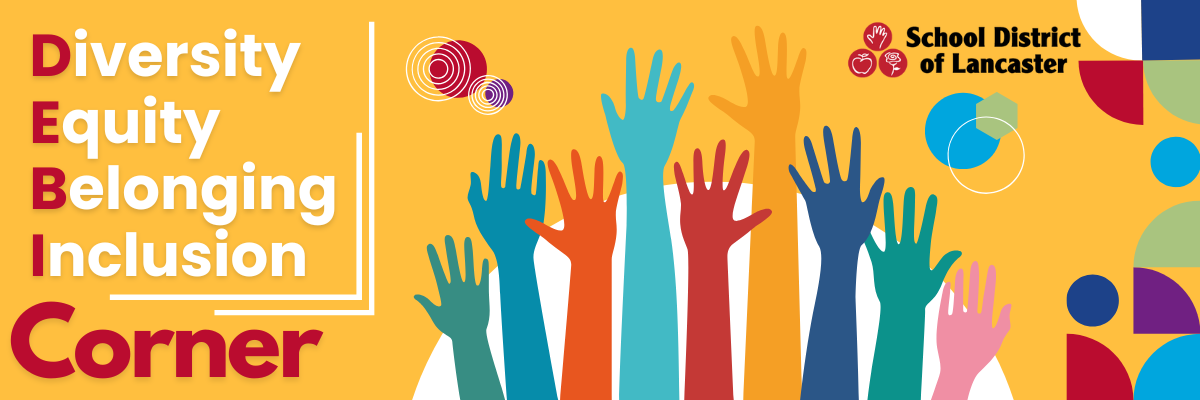
A Historical Perspective: Overcoming Barriers to Education
For centuries, African Americans have fought tirelessly for access to education. During slavery, it was illegal in many states to teach enslaved individuals how to read or write, as literacy was seen as a threat to the system of oppression. Yet, despite the risks, many sought knowledge secretly, understanding that education was the key to freedom and opportunity.
Following the Civil War, the Reconstruction Era (1865–1877) ushered in efforts to build educational opportunities for newly freed African Americans. The Freedmen’s Bureau, a government agency established to aid formerly enslaved individuals, was crucial in setting up over 4,000 schools by 1870, laying the foundation for Black education in the South.
Pioneers in Black Education: Leaders for Education & Equality
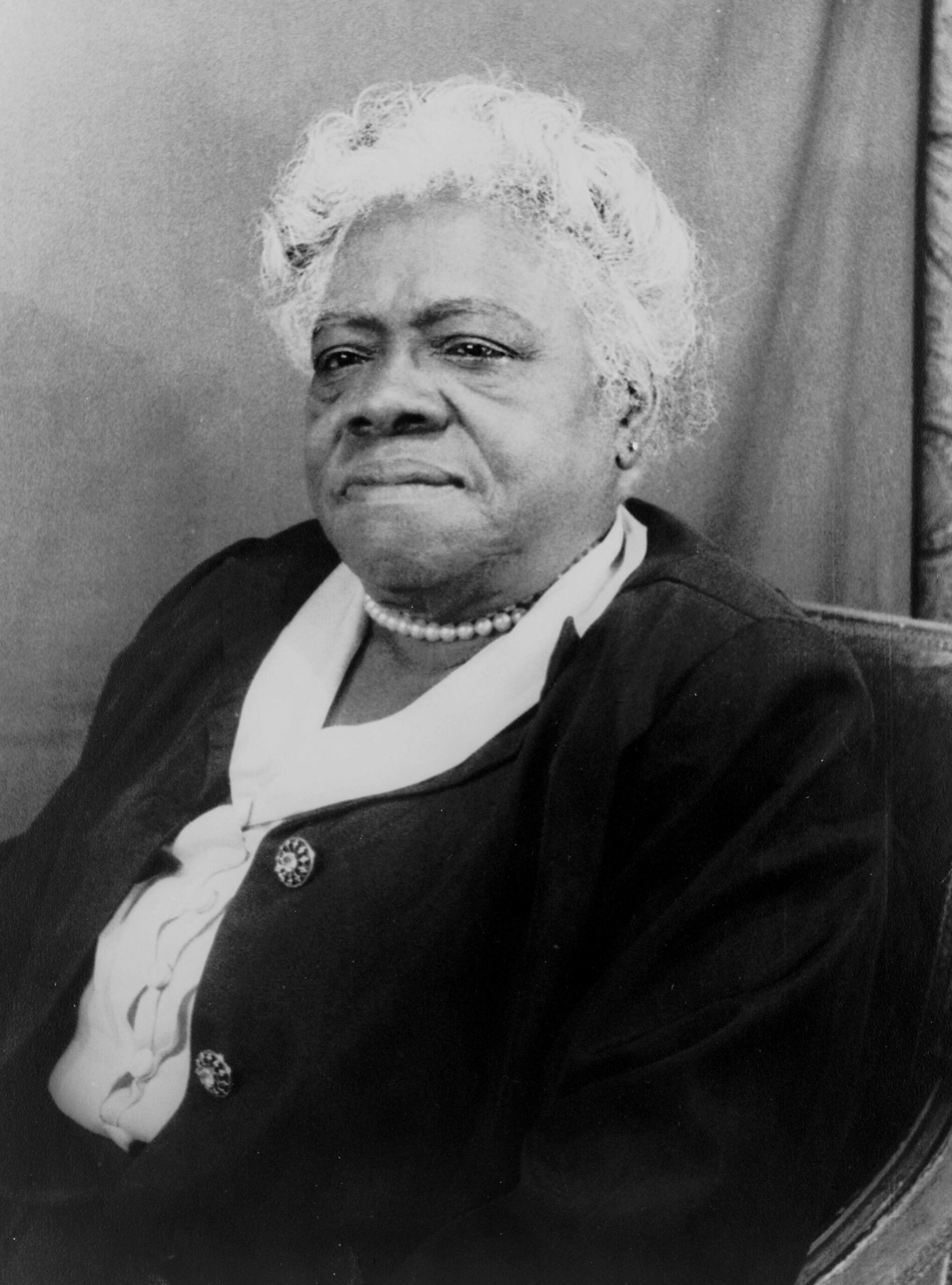 Mary McLeod Bethune
Mary McLeod Bethune
Mary McLeod Bethune was a teacher, leader, and civil rights activist who worked to improve education for Black students in the United States. She was born on July 10, 1875, in South Carolina. Her parents had been enslaved, but after slavery ended, they worked hard to build a better life for their children.
As a child, Mary loved learning. She walked many miles to attend a small school because she believed education was the key to a brighter future. Later, she went to college and became a teacher to help others learn, too.
In 1904, Mary started a school for African American girls in Florida with only $1.50, five students, and a lot of determination. That school later became Bethune-Cookman University, a college that still exists today! She believed that education could help people succeed and worked hard to give students opportunities.
Mary also fought for civil rights. She worked with U.S. presidents, including Franklin D. Roosevelt, to help improve Black Americans’ lives. She was the first Black woman to lead a federal agency and worked to create more jobs and educational opportunities.
Mary McLeod Bethune spent her life helping others. She believed in fairness, education, and the power of working together. She passed away on May 18, 1955, but her legacy lives on. Today, she is remembered as a great leader who helped change the world for the better.
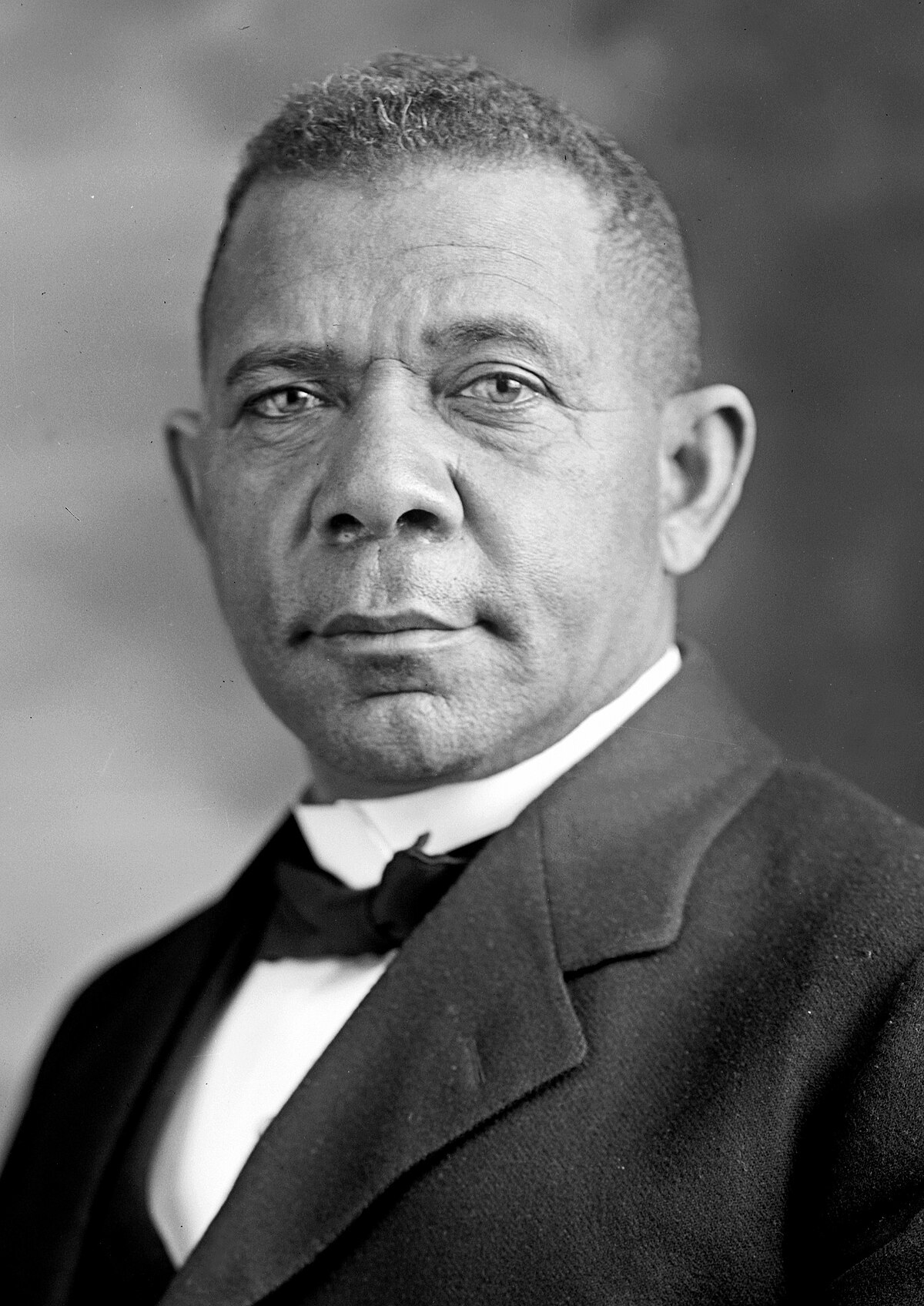 Booker T. Washington
Booker T. Washington
Booker T. Washington was born on April 5, 1856, in Virginia. He was born into slavery, but after the Civil War ended, he was freed. Even though life was very hard for African Americans at that time, Washington worked hard to get an education.
As a young boy, he worked in salt mines and as a house servant while teaching himself to read. He later attended the Hampton Institute, a school for African Americans, where he became an excellent student. He believed that education was the key to a better life.
In 1881, Washington became the first leader of the Tuskegee Institute in Alabama, a school that helped Black students learn skills like farming, teaching, and construction. He encouraged African Americans to work hard, learn trades, and become successful in their communities.
Washington became a famous speaker and leader. He gave a speech called the Atlanta Compromise in 1895, telling Black and white Americans that education and economic success were the best ways to improve race relations. Some people agreed with him, but others, like W.E.B. Du Bois, thought he should fight more for equal rights.
Washington met with U.S. Presidents and worked with wealthy businessmen to help support African American schools and businesses. He wrote a famous book called “Up From Slavery”, which told the story of his life and struggles.
Booker T. Washington passed away on November 14, 1915, but his work helped pave the way for future civil rights leaders. Today, he is remembered as a great educator and leader who helped African Americans gain more opportunities.
Fun Fact: The Birth of HBCUs – Colleges for Black Students
Did you know that before the Civil War, most Black people were not allowed to go to college? Even after slavery ended, many colleges and universities still would not accept Black students. Because of this, special schools called Historically Black Colleges and Universities (HBCUs) were created to give Black students a place to learn, grow, and prepare for their future careers.
The very first HBCU was the Cheyney University of Pennsylvania, which was founded in 1837—even before the Civil War! At that time, it was very rare for Black students to receive a higher education, but Cheyney University and other HBCUs changed that by offering them the chance to attend college.
Today, there are more than 100 HBCUs across the United States. These schools not only provide an excellent education, but they also help students become leaders in their communities and celebrate Black history and culture. Many famous people, including civil rights leaders, scientists, artists, and even U.S. Vice President Kamala Harris, have attended HBCUs!
HBCUs continue to be important today, giving students a strong education and a supportive environment where they can succeed.
Spotlight Organization: The Freedmen’s Bureau
After the Civil War ended in 1865, many formerly enslaved people needed help starting their new lives. The U.S. government created an organization called the Freedmen’s Bureau to support them. This agency provided food, medical care, and jobs, but one of its biggest contributions was education.
At that time, many Black people had never been allowed to go to school because slavery had prevented them from learning to read and write. The Freedmen’s Bureau helped change this by building schools and training teachers so that formerly enslaved people could get an education. These schools gave Black children and adults a chance to learn important skills, like reading, writing, and math, which helped them find jobs and improve their lives.
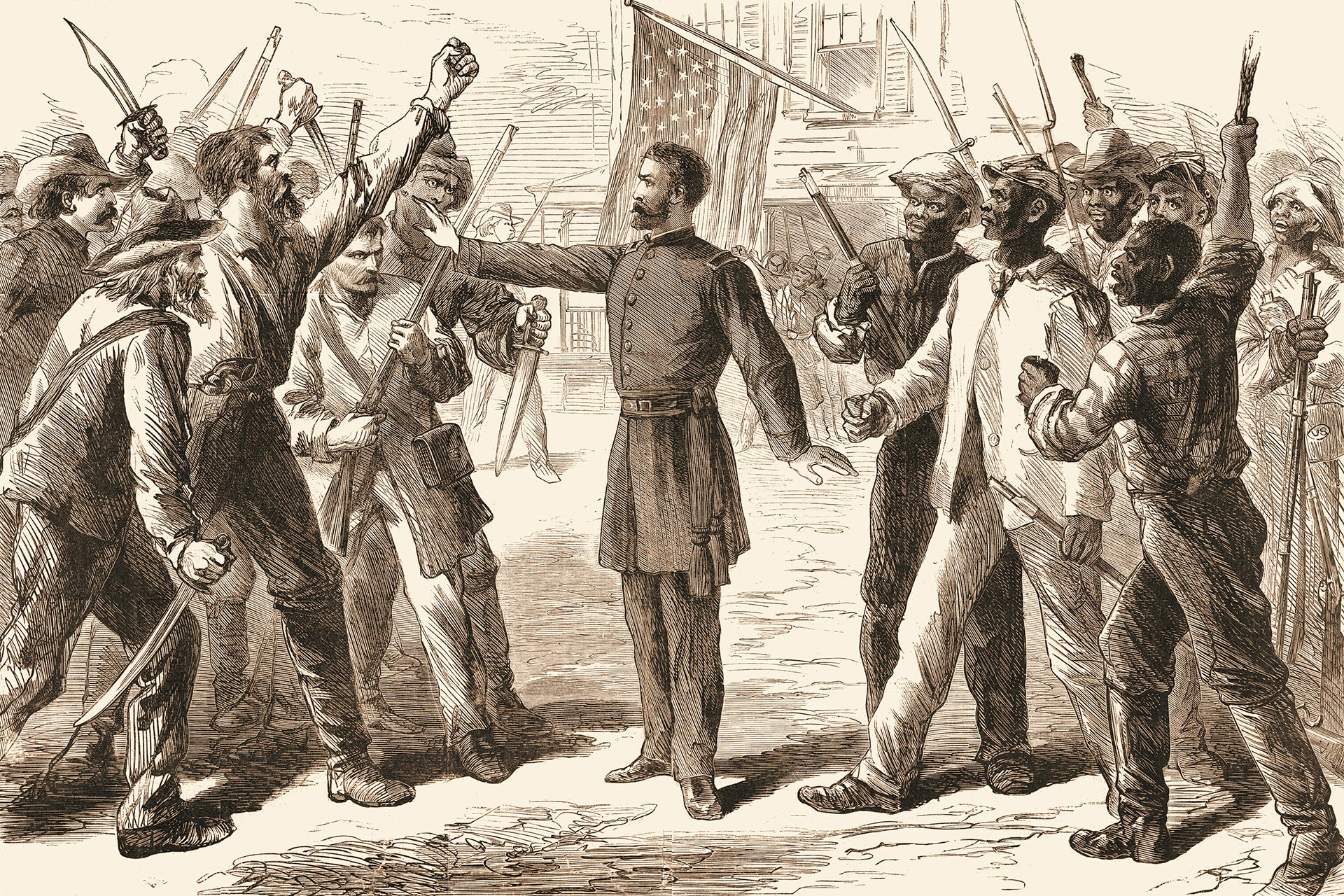
The Freedmen’s Bureau also helped create the first public school systems in many Southern states. Before that, only wealthy families could afford private education. Because of this, the Bureau’s work helped both Black and white students by making schools more available to everyone.
Even though the Freedmen’s Bureau only lasted until 1872, the schools it started laid the foundation for future public education in the South, giving generations of children the chance to learn and succeed.
Want to learn more? Check out these links below.
The NAACP: Shaping the Foundation of Inclusive Education
The National Association for the Advancement of Colored People (NAACP) has been instrumental in the fight for equal educational opportunities since its founding in 1909. The NAACP has played a critical role in dismantling racial barriers in education through legal battles, advocacy, and policy influence.
Key Contributions of the NAACP in Education:
- Brown v. Board of Education (1954): The NAACP Legal Defense and Educational Fund played a pivotal role in this landmark Supreme Court case, which ended racial segregation in public schools and established that “separate but equal” was unconstitutional.
- Fighting Discriminatory School Policies: The NAACP has continuously challenged unfair practices such as school funding disparities, racial bias in disciplinary actions, and inequities in access to advanced coursework.
- Scholarship & Mentorship Programs: The NAACP has supported students through scholarship programs, college preparation initiatives, and leadership development opportunities.
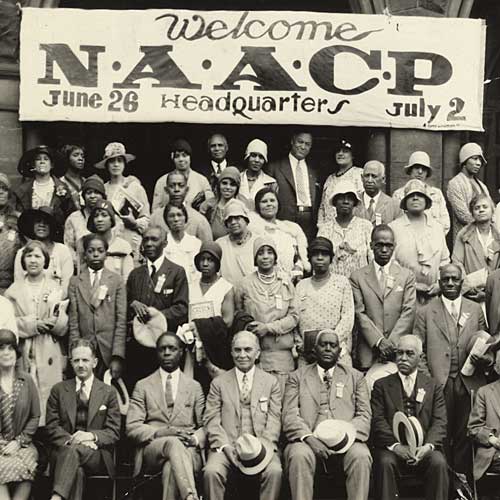
Why It Matters: The NAACP’s dedication to inclusive and equitable education ensures that all students—regardless of race, background, or income—have access to quality learning environments and opportunities for success.
Reflection: Why This Matters Today
The history of Black education teaches us about perseverance, self-determination, and the transformative power of learning. Today, ensuring equitable access to education remains a critical mission. As we honor this history, let’s commit to fostering inclusive, diverse, and empowering learning environments for all students.
Discussion Question: What role does education play in advancing social justice today? Share your thoughts with our district community!
Want to Learn More? Check out resources on HBCUs, Black educators, and historical educational milestones at;
- www.uncf.org
- www.naacpldf.org
- www.naacp.org
- https://www.tmcf.org/history-of-hbcus/
- https://uncf.org/wp-content/uploads/2022-UNCF-HBCU-Resource-Guide-FINAL.pdf
This edition of DEBI Corner highlights the deep roots of Black education and encourages reflection, conversation, and action. Let’s continue to celebrate, learn, and advocate for educational equity!
Share Your Story
We want to hear from you! Your lived experiences, traditions, and insights are invaluable as we work together to build bridges and celebrate the diversity of our community. Share your story with us—whether it’s about your cultural heritage, a meaningful tradition, or a perspective that’s shaped your journey.
Fill out the form below or email me, and let’s start the conversation. Your voice matters, and we look forward to learning from you!
Have thoughts, feedback, or ideas for DEBI’s Corner? I’d love to hear from you. Let’s continue this journey, hand in hand.
Click Here to submit a topic and details. We will credit your submission.
